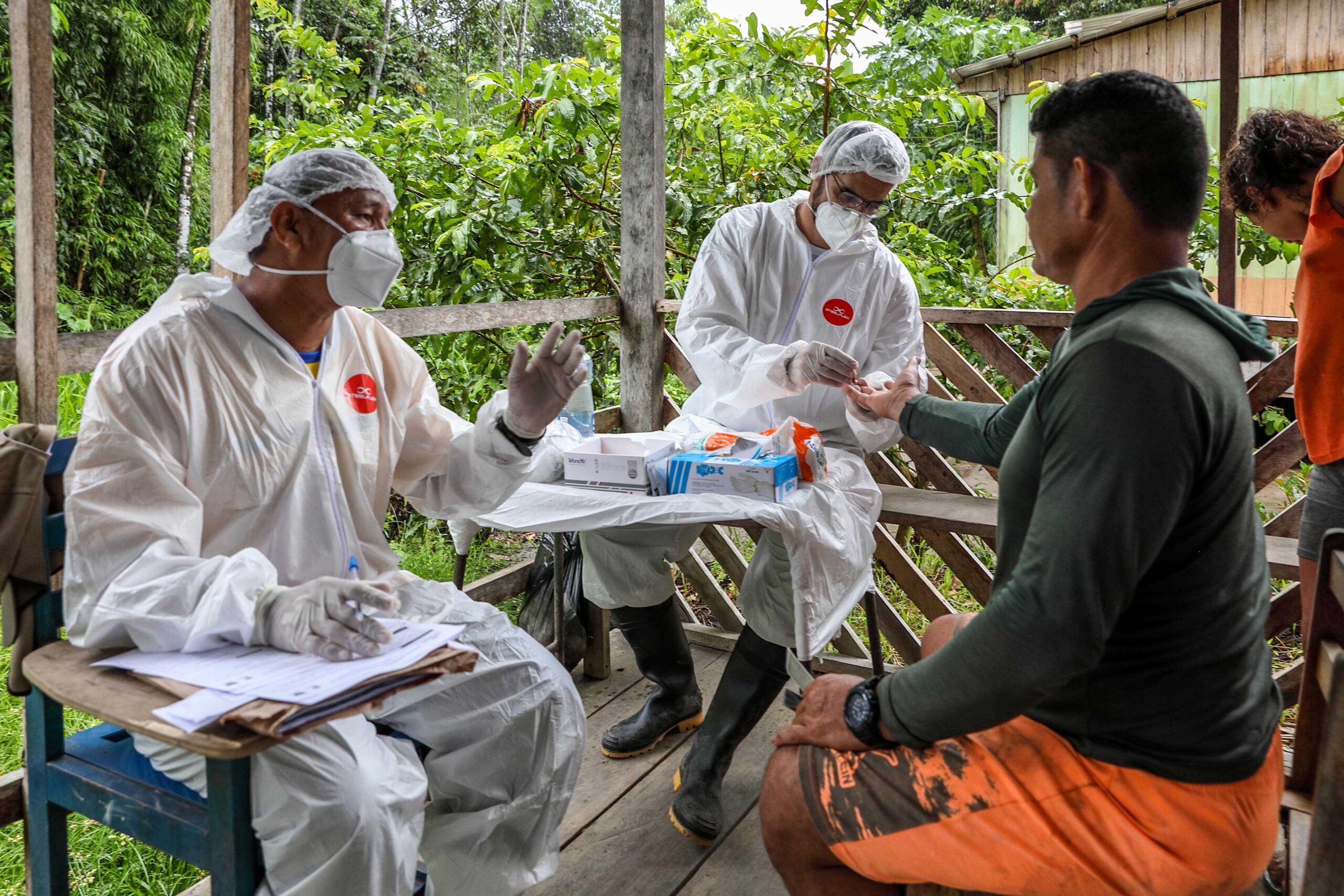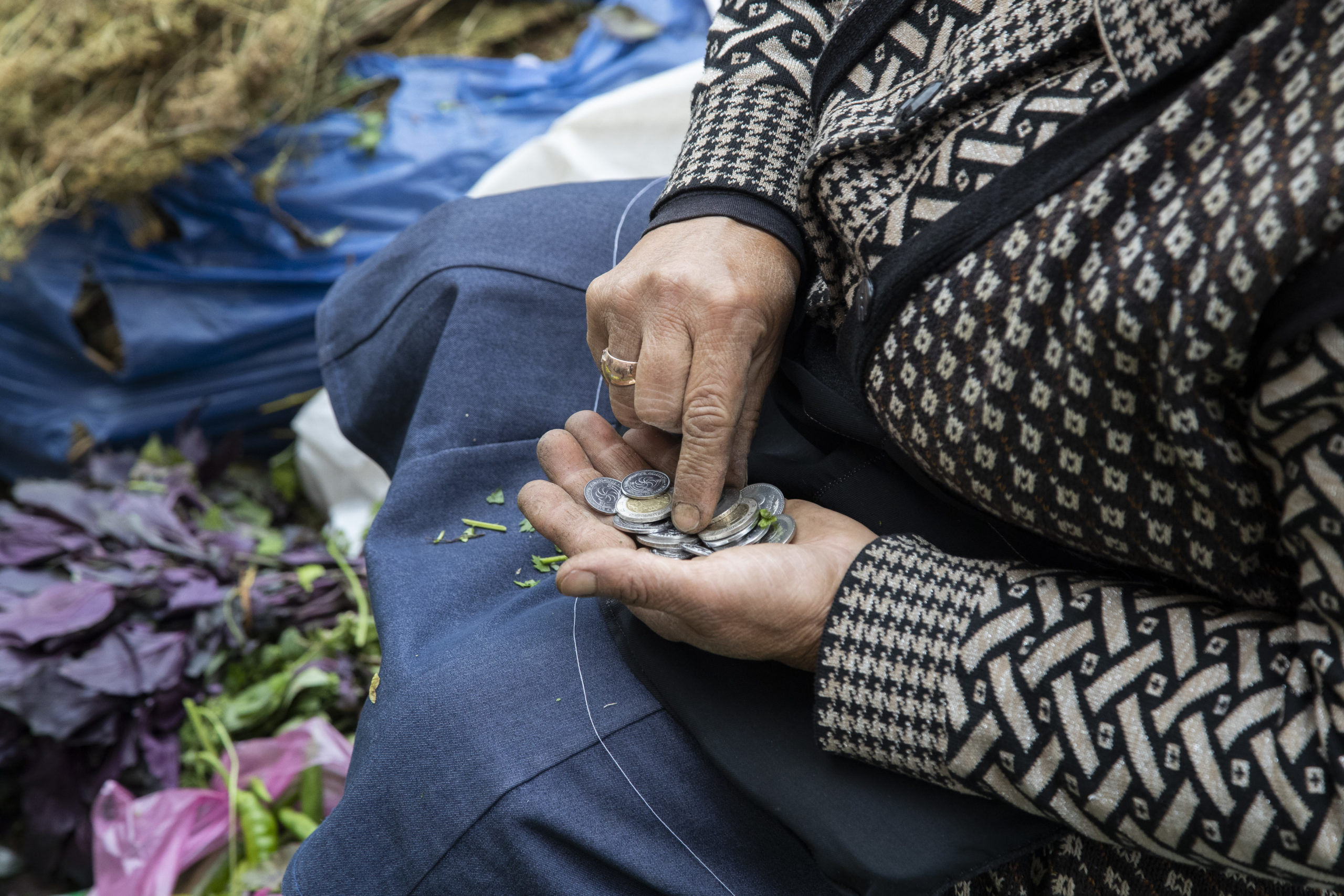We are currently facing multiple, overlapping crises. Countries will need to build resilience to adapt to and recover from compounding shocks, especially in developing and fragile states. Vulnerable people and marginalised groups should be put front and centre in responses. Social cohesion and trust are key to building resilient communities, and the global infrastructure will need to be better able to deal with an increasingly uncertain world.
This brief aims to provide rapid syntheses of a selection of recent relevant literature and international expert thinking in response to specific questions relating to international development.
Key Issues
More frequent, complex and uncertain challenges
There is growing evidence that the world is facing the prospect of more frequent, complex and destructive compound shocks. This includes events such as natural disasters, economic and financial crises, and pandemics.
Short-term, single-hazard disaster management is still dominant
The Covid-19 pandemic revealed shortcomings in the dominant single-hazard disaster management approaches and crisis response, which are often short-term in nature.
Intersections in vulnerability
Existing social inequities and power relations are a key framing in explaining vulnerability, which shapes people’s ability to respond to external stresses.
The role of resilience
The pandemic response highlighted the increasingly important role of social protection in response to intersecting shocks, although questions remain around the effectiveness of different policy approaches and responses.


